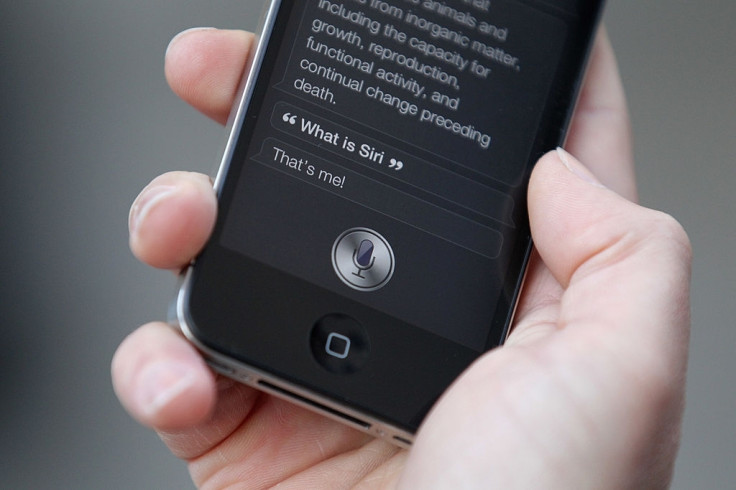'Siri, I'm depressed': Apple wants iPhone assistant to become a personal therapist
Job advert is looking for computer engineer with psychology background.

According to Apple, "people have serious conversations with Siri". People, the company says, talk to the virtual assistant about their stressful days, or when they have something on their mind.
They "turn to Siri in emergencies," Apple says, or "when they want guidance on living a healthier life". This has led the iPhone maker to question whether it can turn Siri into a virtual therapist.
To pursue this, Apple is currently looking for an engineer with a psychology background to join its Siri team.
A successful applicant will "play a part in the next revolution in human-computer interaction", as they take Siri from a useful way of setting reminders and alarms, to a system which could help you through your darkest moments.
The California-based job advert continues: "Play a part in the next revolution in human-computer interaction... We are looking for people passionate about the power of data and have the skills to transform data to intelligent sources that will take Siri to [the] next level."
Essentially, Apple is looking for a computer engineer who understand algorithms and how to write code, but who also has a background in psychology and human interaction.
This move to expand Siri's skillset should come as no surprise to anyone who has seen Apple slip behind the likes of Google Assistant and Amazon Alexa in recent years. Add this to Apple's growing interest in customer health and well-being, and educating Siri on psychology and mental health is an obvious next step.
A 2016 study by Stanford University found how personal assistants like Siri were increasingly being used by people saying they are depressed and need help.
As recalled by Apple Insider, Siri co-founder Tom Gruber discussed what he calls 'humanistic AI' (artificial intelligence) during a TED conference talk in April. "We can choose to use AI to automate and compete with us, or we can use AI to augment and collaborate with us, to overcome our cognitive limitations and to help us do what we want to do, only better," Gruber said.
© Copyright IBTimes 2024. All rights reserved.






